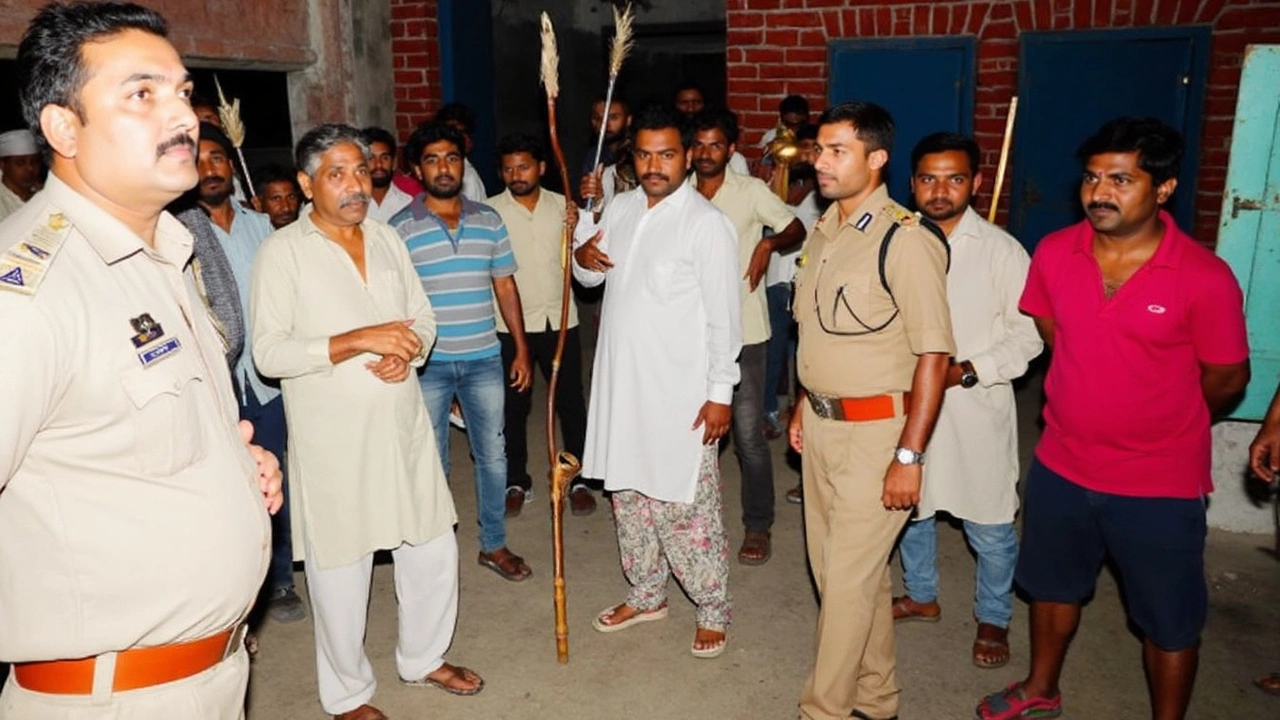Night Patrols: Your Quick Guide to Safer Streets After Dark
Ever wondered why some neighborhoods have people walking around at night? That’s a night patrol. It’s simply a group of volunteers or security staff moving through the area after sunset to keep an eye on things. The goal is clear: stop trouble before it starts and make residents feel more comfortable.
How Night Patrols Work
Most night patrols follow a set route. They might use flashlights, walkie‑talkies, or a small vehicle. Patrol members check street lights, look for broken windows, and note anything out of place. When they spot a problem – a stray cat, a broken fence, or a suspicious person – they either handle it or call the police. The routine is easy to learn, so many local clubs, housing societies, and schools run their own patrols.
Practical Tips for Joining or Starting a Patrol
1. Talk to your neighbors. A short meeting can gauge interest and assign roles. 2. Set clear times. A two‑hour slot after sunset works for most people. 3. Equip yourself. A sturdy flashlight, a phone, and a notebook are enough. 4. Stay visible. Wear bright vests or reflective gear so drivers see you. 5. Know the route. Sketch it out and note high‑risk spots like dark alleys or unlit parks.
If you’re a resident, here’s how you can benefit even without joining a patrol. Keep doors locked, report broken lights, and let the patrol know about any unusual activity. A quick text or call can save time and keep the whole area safer.
Security isn’t just about big cameras or police cars. A simple night patrol can cut down thefts, stop vandalism, and give you peace of mind when you’re walking home late. When everyone pitches in, the neighborhood feels tighter, and criminals think twice before acting.
Remember, the most effective patrols are friendly, not aggressive. A smile and a polite "good evening" go a long way. If you see something, note the details – time, description, location – and pass them to the right authorities. That’s all the training most volunteers need.
So, whether you’re thinking about starting a night patrol or just want to support one, keep these basics in mind: plan the route, equip the team, stay visible, and stay friendly. With a few dedicated people, your streets can stay safe after dark without any hassle.

- Jul, 20 2025
- Comments 0